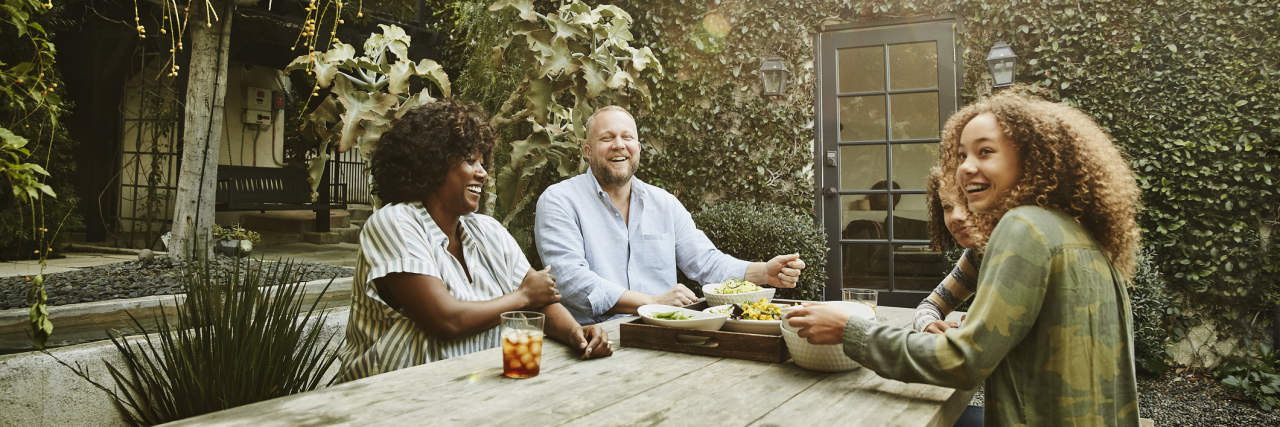Upon leaving the hospital after being diagnosed with neuromyelitis optica spectrum disorder (NMOSD), I was given instructions on how and when to take medication, how to understand limitations, what to do if I fall, how to call for help, and a bunch of other information I’ve since forgotten. NMOSD is a rare autoimmune disease that attacks the central nervous system, which can cause vision loss and paralysis. In theory, I was given what I needed to deal with my disease.
What I wasn’t given? How to deal with life AND a chronic illness.
Before my diagnosis, I never knew the strain that having a chronic illness could have on a person. Not only does it take a toll on you and your body, but it also takes a toll on those around you.
Hardly a month after being diagnosed, I began to see the toll my illness was taking on others. It was hard for people in my life to understand this very rare disease and the very strange way it can attack your body. It was even a huge adjustment for others to see my athletic lifestyle change due to NMOSD. I spend time with people who like to be outside and engage in activities that require a lot of physical energy – energy I no longer had.
Over time it became more difficult to stay in touch with old friends and keep new ones. It felt like I was no longer speaking to people I considered family, and, at first, I pointed the finger at myself. What did I do wrong?
Being around people that seemed to disregard my symptoms continued to drain me, and I realized, over time, that having this illness made establishing those relationships more challenging. Dating was no exception; after I wasn’t in the hospital all the time, I tried to find significant others that would understand my experience and see me for the person I was now. But it was challenging to find those people who embraced me despite NMOSD.
Adding to that, I often had the thought that I was maybe “faking it” or that it was “all in my head.” It was a difficult condition for even doctors to understand, which made it hard to always trust that it was a real thing affecting my life. But I knew the reality; it was something that I truly could not help or control, and my experience was very real and valid.
With all of these bad experiences with relationships and friendships, I had to take a step back.
I not only needed to rediscover who I was, but I also needed to figure out who I wanted to surround myself with. This was no easy task; if anything it was probably one of the hardest things I’ve ever done. I had to let go of what was and start adapting to what is. If I continued to keep myself in the past, I wouldn’t be able to find my purpose while living with a rare disease.
If I could offer advice to anyone who is newly diagnosed, I would say that having NMOSD truly shows you who you want in your life and who may not be the right person for you. The period of loneliness that comes with this transition can be difficult, but once you figure out who you want in your life, it gets immensely better.
I am now in a place where I have two best friends who not only take the time to understand and learn, but they also appreciate how I feel and how I am doing mentally. Sharing my story online and connecting with people through social media that have NMOSD has also helped me make new friends … people I call family.
Community is a powerful thing; take time to find yours and you’ll get there.

